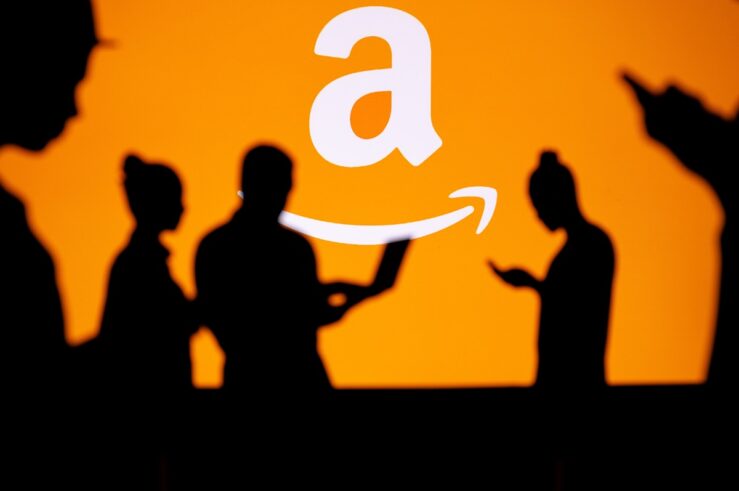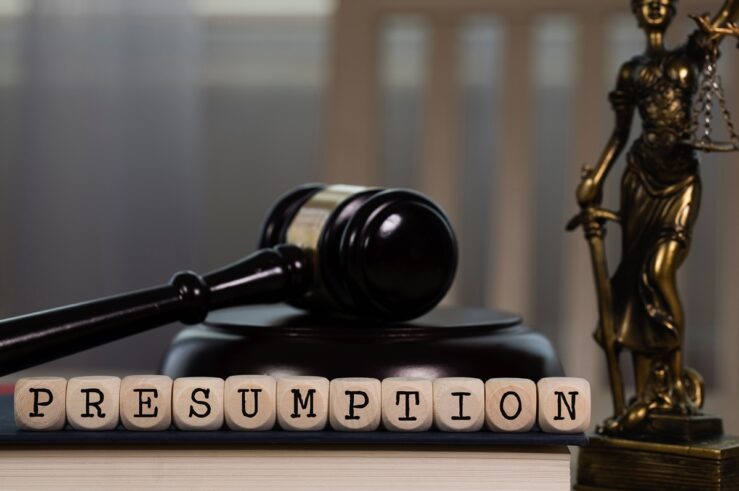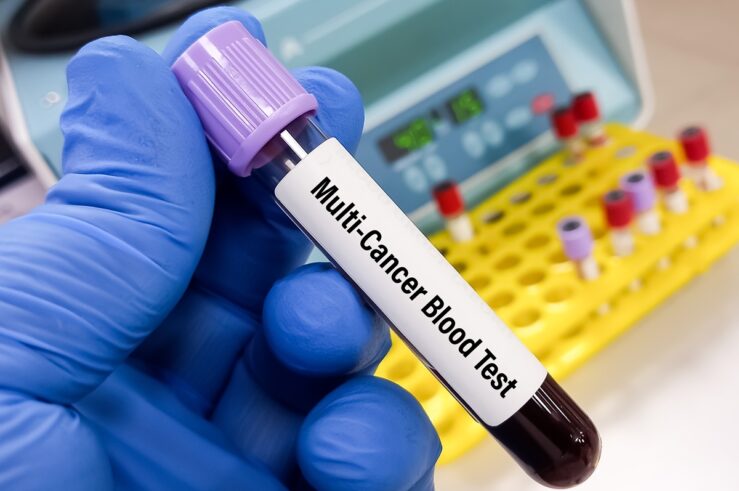Showing archive for: “Antitrust”
The Whole Wide World of Government
First, a bit of self-promotion: the International Center for Law & Economics (ICLE) hosted an excellent panel discussion Feb. 26 on the 2023 merger guidelines. I moderated, but the real attractions were the panelists: Maureen Ohlhausen, Noah Phillips, Bruce Kobayashi, Diana Moss, and Kristen Limarzi. The room was packed, as it should have been. Video ... The Whole Wide World of Government
Will the FTC Scupper the Kroger/Albersons Merger?
The press is abuzz with news about the Federal Trade Commission’s (FTC) Feb. 26 announcement that it would challenge the proposed Kroger/Albertsons mega-supermarket merger, which had been in the works since the fall of 2022. If the FTC succeeds in obtaining a temporary restraining order and preliminary injunction in Oregon federal district court (a big ... Will the FTC Scupper the Kroger/Albersons Merger?
Whose Failure Is the Failed Amazon/iRobot Merger?
The European Commission told Amazon in November 2023 of its preliminary view that the company’s proposed acquisition of iRobot restricted competition in the market for robot vacuum cleaners (RVCs) and could hamper rival RVC suppliers’ ability to compete effectively. The deal, the Commission asserted, would give Amazon incentive to foreclose iRobot’s competitors by engaging in ... Whose Failure Is the Failed Amazon/iRobot Merger?
DMA: Setting the Goalposts
In a little less than a month, the European Union’s Digital Markets Act (DMA) will start to bite, but how will it taste? By March 7, companies that were designated as “gatekeepers” in September 2023 will be required to meet the obligations of Articles 5, 6, and 7 of the DMA Regulation. With the exception ... DMA: Setting the Goalposts
How the FTC’s Amazon Case Gerrymanders Relevant Markets and Obscures Competitive Processes
As Greg Werden has noted, the process of defining the relevant market in an antitrust case doesn’t just finger which part of the economy is allegedly affected by the challenged conduct, but it also “identifies the competitive process alleged to be harmed.” Unsurprisingly, plaintiffs in such proceedings (most commonly, antitrust enforcers) often seek to set ... How the FTC’s Amazon Case Gerrymanders Relevant Markets and Obscures Competitive Processes
What Do We Do with Presumptions in Antitrust?
Winter was coming, as it does. We knew the agencies were going to issue new merger guidelines, and then they did. On Dec. 18, 2023, the Federal Trade Commission (FTC) and U.S. Justice Department (DOJ) jointly issued merger guidelines, supplanting 2023’s draft guidelines, the 2010 Horizontal Merger Guidelines, and the 2020 (partially withdrawn) Vertical Merger ... What Do We Do with Presumptions in Antitrust?
A European Commission Challenge to iRobot’s Acquisition Is Unjustified and Would Harm Dynamic Competition
Once again, a major competition agency, the European Commission, appears poised to take an anticompetitive enforcement action—in this case, blocking Amazon’s acquisition of consumer robotic-manufacturer iRobot. iRobot, headquartered in Bedford, Massachusetts, is an American success story: Founded in 1990 by Massachusetts Institute of Technology roboticists with the vision of making practical robots a reality, iRobot ... A European Commission Challenge to iRobot’s Acquisition Is Unjustified and Would Harm Dynamic Competition
Four Problems with the Supreme Court’s Refusal To Hear the Epic v Apple Dispute
The U.S. Supreme Court this week rejected both parties’ petitions for certiorari in appeals of the 9th U.S. Circuit Court of Appeals’ Epic Games v Apple decision. Many observers—including Epic CEO Tim Sweeney—have marked this as an unmitigated loss for Epic. That’s partly right. The district court had correctly rejected Epic’s federal antitrust claims against ... Four Problems with the Supreme Court’s Refusal To Hear the Epic v Apple Dispute
The Conundrum of Out-of-Market Effects in Merger Enforcement
Section 7 of the Clayton Act prohibits mergers that harm competition in “in any line” of commerce. And, indeed, the Supreme Court’s decisions in Philadelphia National Bank and Topco are often cited on behalf of the proposition that this means any single cognizable market, and that anticompetitive effects in one market cannot be offset by ... The Conundrum of Out-of-Market Effects in Merger Enforcement
FTC v. Illumina/Grail – A Rare FTC Merger Victory? (Actually, a Loss for Consumers)
Although it was overshadowed by the Federal Trade Commission (FTC) and U.S. Justice Department’s (DOJ) year-end release of the 2023 merger guidelines, one should also note the abrupt end of the FTC v. Illumina/Grail saga. The saga finished with the FTC’s Dec. 18 press release announcing that Illumina decided on Dec.17 to divest itself of ... FTC v. Illumina/Grail – A Rare FTC Merger Victory? (Actually, a Loss for Consumers)
In Reforming Its Antitrust Act, Argentina Should Not Ignore Its Institutional Achilles Heel
As part of a set of “shock therapy” measures introduced to deregulate and stabilize its economy, the Argentinian government led by newly elected President Javier Milei has already adopted an emergency decree (Decreto de Necesidad y Urgencia) that makes broad array of legal changes. Toward the same goal, the government in late December sent up ... In Reforming Its Antitrust Act, Argentina Should Not Ignore Its Institutional Achilles Heel
The Porcine 2023 Merger Guidelines (The Pig Still Oinks)
Well, they have done it. On Dec. 18, the Federal Trade Commission (FTC) and U.S. Justice Department (DOJ) issued their final 2023 merger guidelines, as an early New Year’s gift (nicely sandwiched between Hanukkah, which ended Dec. 15, and Christmas) of the porcine sort. The two agencies try to put lipstick on this pig by ... The Porcine 2023 Merger Guidelines (The Pig Still Oinks)
















